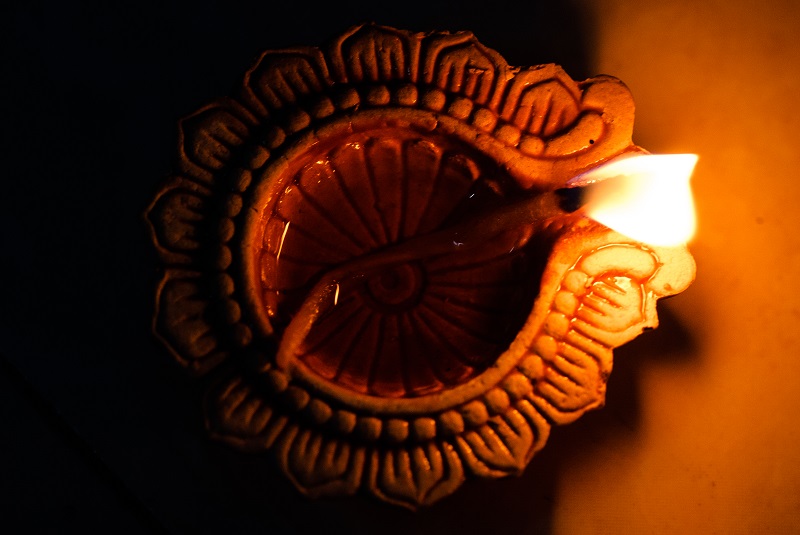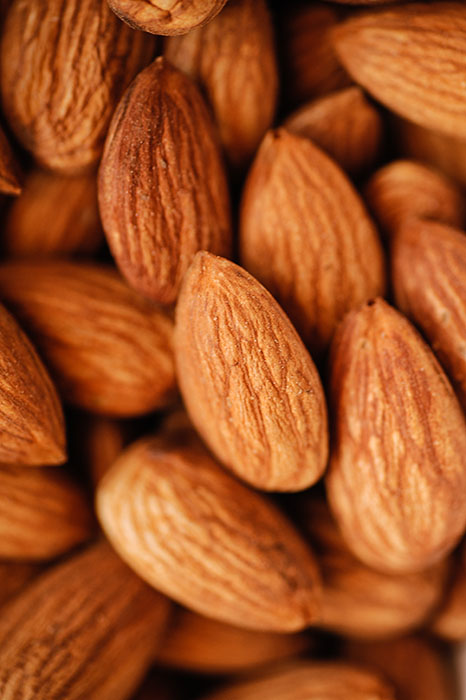Brahma muhurta is a period of two muhurtas (time unit of forty-eight minutes), or about one and a half hours before dawn. In the Vedic tradition this period is considered as the ideal time for spiritual practices like prayer and meditation. Waking up during brahma muhurta also has many health benefits. The very first verse written in any Ayurvedic textbook while explaining about the daily regimen to be followed for health and long life is about the importance of brahma muhurta:
brAhmI muhUrtaM uttiShTHEt swasthO rakshArthaM Ayusha:
tatra sarvArtha shAntyartham smareccha madhusUdanaM
(Ref: Ashtanga Hridayam)
The line translates as: ‘One should wake up in the brahma muhurta for sustaining perfect health and for achieving a long life span, as desired. ‘
Benefits of waking up in Brahma Muhurta
At this time, a high level of prana (vital life energy) which is necessary for the body is adequately present in the atmosphere. The activities of the entire world and especially of the living beings are yet to be started; hence the pollution is at its minimum. The cheerful atmosphere has a considerable effect on the body and mind.
Ayurveda has given a deep thought to the daily routine, which when followed aligns our day perfectly to express our maximum potential and capabilities. This starts with getting up in the morning. The quality of our waking up decides the energy level for the day. A peaceful fresh start is always better to a dull, lethargic start with a heavy feeling.
Tuning our biological clock to the rising and setting of the sun, is the best way for reversing the aging process. Waking up during this brahma muhurta puts us in perfect synchronization to the natural clock.
Effect on the Doshas
It is important to understand about the relation of doshas with the time of the day. A dosha is one of three bodily humors that make up one’s constitution according to Ayurveda. The three doshas of pitta, kapha and vata can be roughly said to be the equivalent of Sun, Moon and Air energies of our body. The intricate workings of time and their relation to the tridoshas are explained in detail in the Vedic literature. The whole day consisting of 24 hours can be broken down into kapha, pitta, and vata periods during which the predominating qualities of those doshas are prevalent. During a given 24 hour period there are two time segments for each dosha as follows:
6:am to 10:00 am – kapha
10:00 am to 2:00 pm – pitta
2:00 pm to 6:00 pm – vata
6:00 pm to 10:00 pm – kapha
10:00 pm to 2:00 am – pitta
2:00 am to 6:00 am – vata
These are not to be considered exact, but fluctuate a little according to the season. Through high awareness, one can get an idea of what dosha is predominant at any given time.
The Period of Movement
Because of the above time frames, the very first activity of the daily routine, i.e. rising, should be done shortly before sunrise in the vata period. Vata is the principle of movement, so to wake up in this period ensures that vata principle will be functioning to help in the elimination of wastes from the body. It is also the quietest time of day. For this reason it is also the best period for prayer and meditation.
Waking up any later than sunrise imbalances the kapha dosha in the body. The effects of this dis-balance can be observed physically as an increased tendency to get upper respiratory disorders, constipation or incomplete elimination of wastes from the intestines (leading to accumulation of toxins in the blood), general lethargy and fatigue.

















